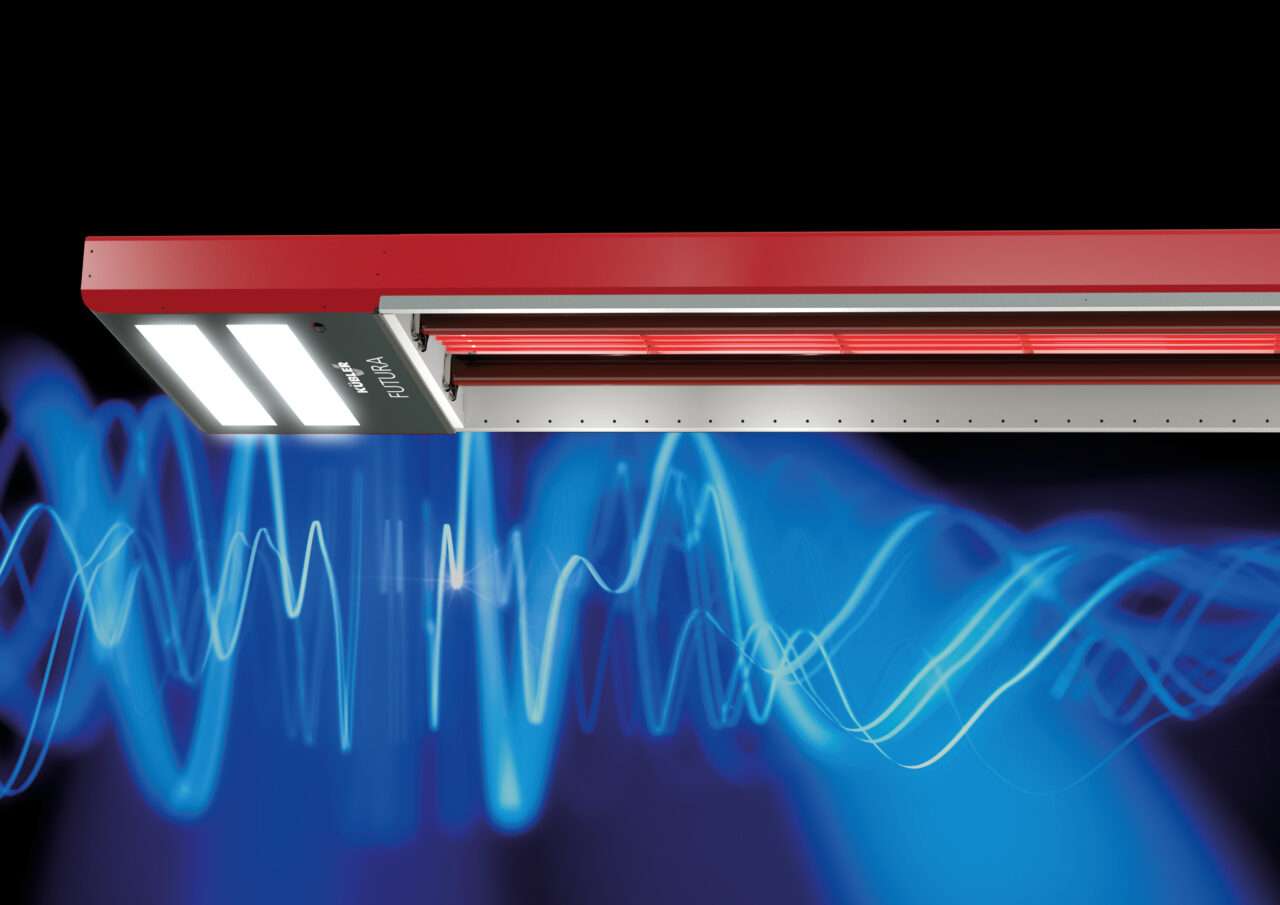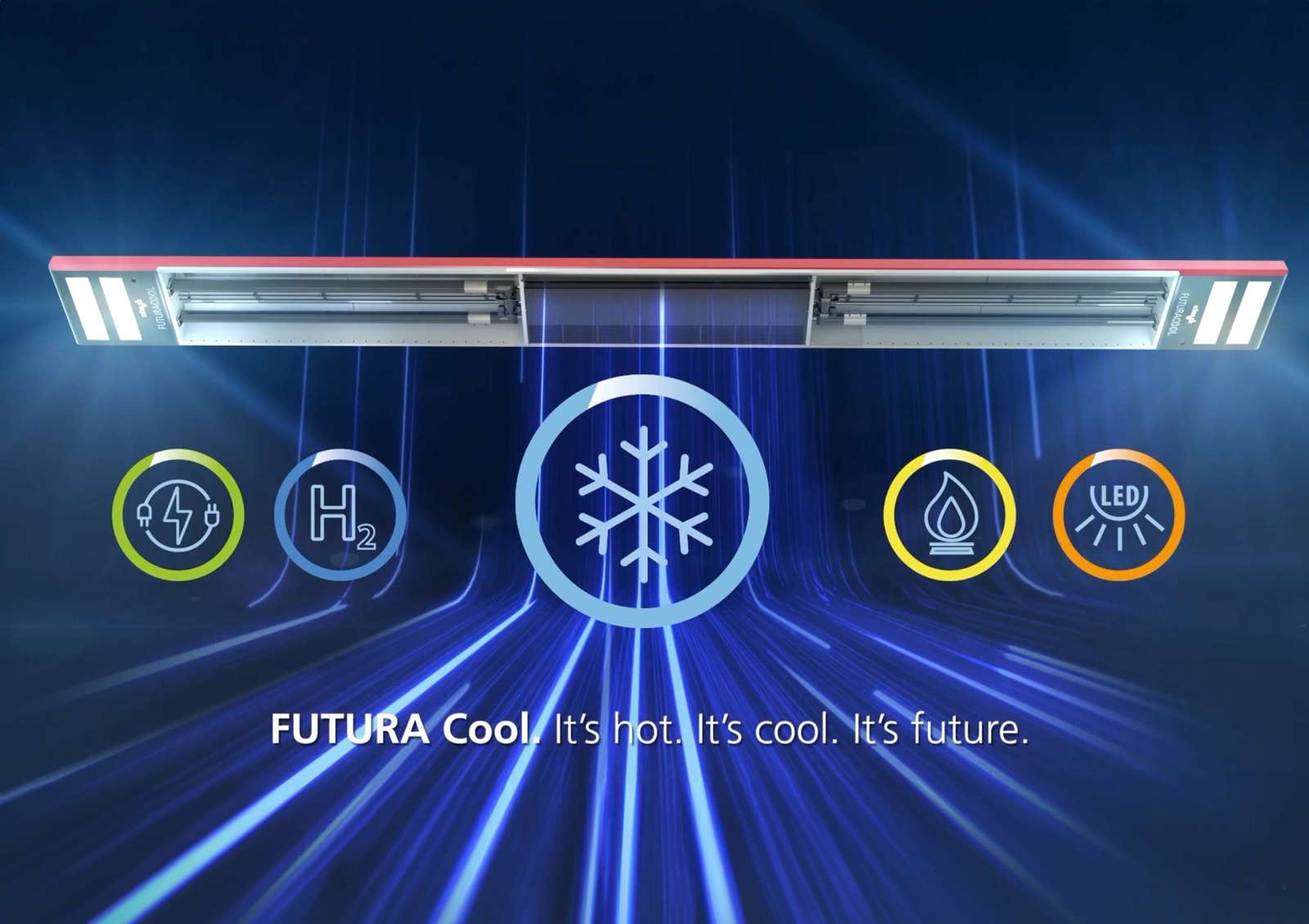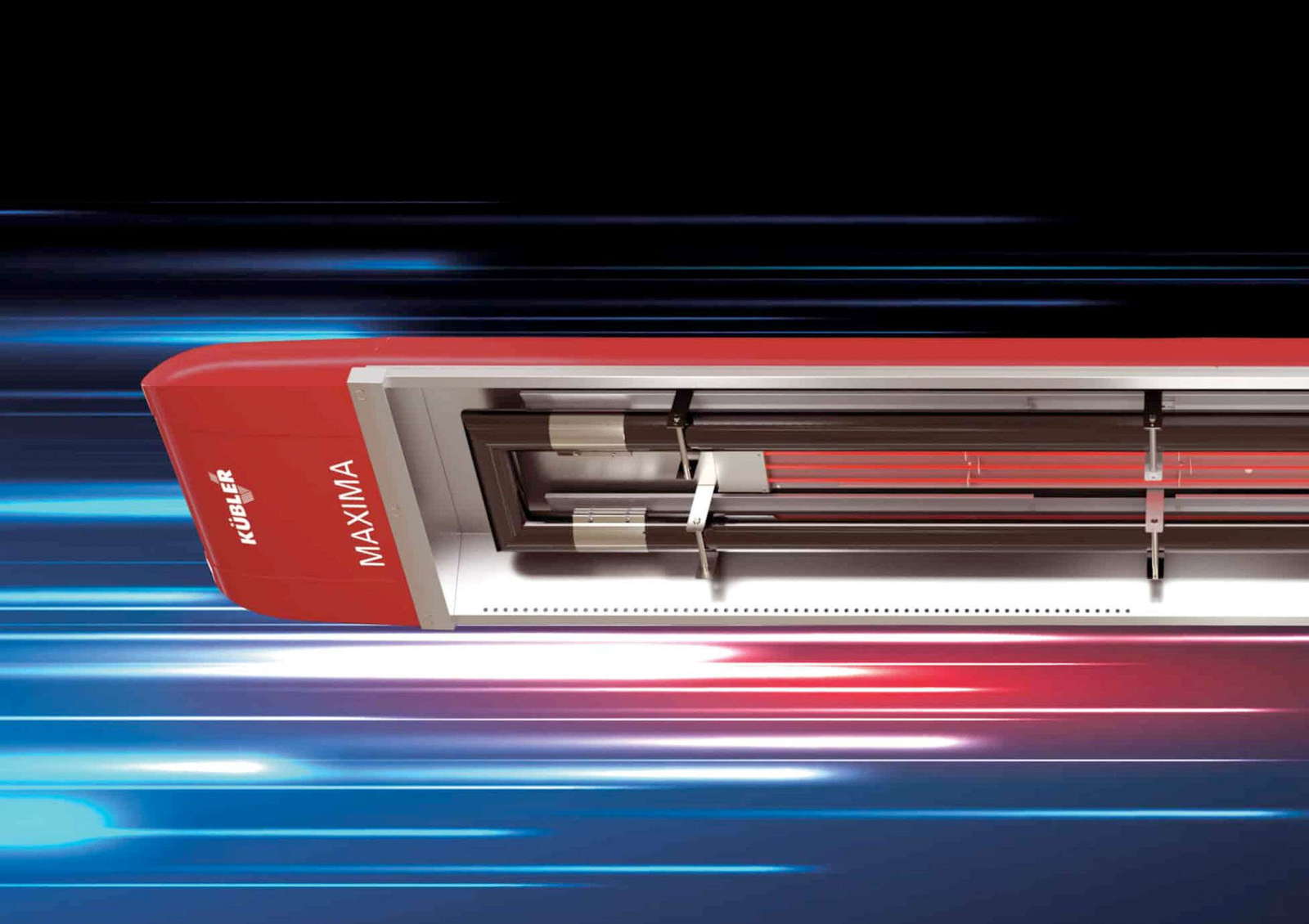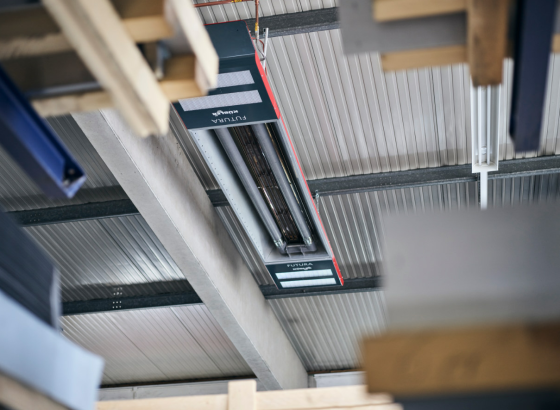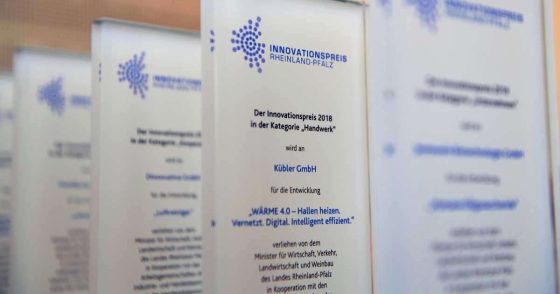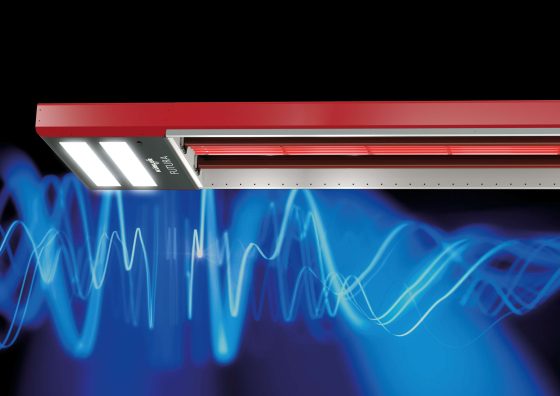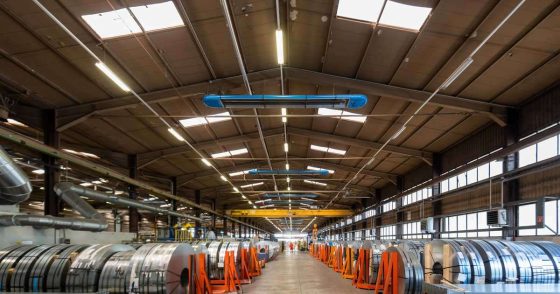Energy transition: "We need technological openness and planning security" - New funding guidelines announced
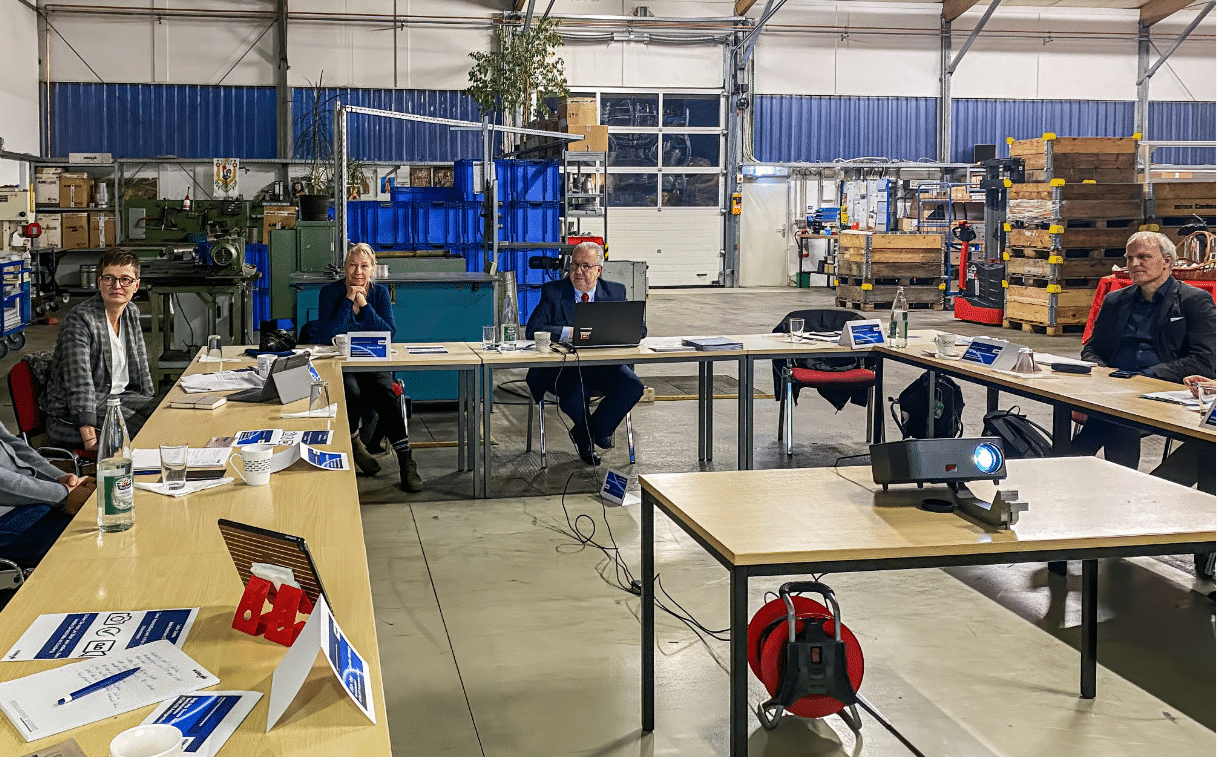
With his calls for openness to technology and planning security, he is knocking down open doors at the Dresden Chamber of Industry and Commerce. Managing Director Manuela Gogsch, who also took part in the expert dialog, says: "I advocate openness for the various technologies. However, we have to be careful that it doesn't happen like the reduction in bureaucracy: People like to mention the term, but nothing concrete happens afterwards." She continues: "You won't be able to solve every single case with federal legislation. But you can ask questions. For example: Where does the 65 percent renewable energy actually come from, of all things? Why is it exactly 65 and not more or less?" There was no answer to this in the expert dialog, only a reference to the coalition agreement of the traffic light coalition, in which the target is set out.
IHK Managing Director Gogsch goes one step further and cites planning security as fundamental: "If I invest in systems as a company, the investment must be worthwhile. That is a business question." That is why it would be too short-sighted to focus solely on a technology such as the heat pump, which is demonstrably neither technically nor economically viable in the industrial sector (halls), but politically desirable.
Bernhard Herrmann, member of the German Bundestag, is also making demands on the energy transition. He sits on the Committee on Climate Protection and Energy for the Greens and has also held various discussions on this topic with the Federal Minister of Economics. Herrmann says: "We need an energy transition that is efficient, intelligent and done right. We should pay particular attention to efficiency. It must take center stage. The energy transition must be ecologically, economically and socially acceptable for the end consumer. Companies like KÜBLER are making a significant contribution to the heating transition in the hall building sector with innovative developments and constructive dialog with business and politics."
With regard to possible support from the state, the MP hints that potential funding instruments are to be expected: "I am convinced that energy- and resource-efficient solutions will be given appropriate consideration in the design of laws and funding guidelines."
Thomas Kübler cites a prime example of how the energy transition can win - and praises the work of his employees. "We have always been doing the energy transition. I am deeply convinced that we can only avoid a national energy crisis with a joint effort. Together - that means that all protagonists must and must be allowed to get involved. Every competent contribution must be recognized as an important step towards the success of the energy transition," says Kübler. "We have been doing this for decades now and are delighted that, especially in the current situation, we have developed a technology with FUTURA that can make a decisive contribution to the energy transition."
Kübler has already organized a similar discussion at his Ludwigshafen headquarters. He wants to "actively participate in democracy", says the entrepreneur. He doesn't have to stick to the streets to do so. Nor does he have the impression that anyone is deliberately trying to slow him down. But he has found that Berlin does not have the necessary expertise for all the details. It is important to get involved in order to prevent dramatic consequences.
Kübler's impression is that large industrial buildings have not been given sufficient consideration in Berlin's energy transition planning. They should not be lumped together with kindergartens when it comes to heating. Professor Bert Oschatz, Head of the ITG Institut für Technische Gebäudeausrüstung Dresden Forschung und Anwendung GmbH, agrees with Kübler that an "extra perspective" is needed for halls.
The FUTURA is a bridge to the carbon-free era: regardless of whether green hydrogen or electricity determines the future, FUTURA can do both - and more: the infrared heater also uses biogas, natural gas or liquid gas and allows you to switch variably between the energy sources during the transition period.
With the FUTURA, KÜBLER GmbH is bringing about a paradigm shift in energy efficiency. After all, only two percent of all buildings in Germany are halls. These halls consume 15% of the building-related energy in Germany and the associated greenhouse gas (GHG) emissions. The new system has been developed for new buildings, but the industry can also use FUTURA to renovate existing buildings without interrupting operations.
We look forward to your publication. You can download the press release under the following link: https://www.kuebler-hallenheizungen.de/wp-content/uploads/2023/01/Medien-Info_Experten_Dialog_20230111.docx
-
KÜBLER presents world firsts for the sustainable and economical heating of industrial, commercial and municipal buildings at ISH 2023.
-
For the 30th time, the Ministry of Economic Affairs, Transport, Agriculture and Viticulture, together with the working groups of the Chambers of Industry and Commerce and the Chamber of Crafts, is awarding the coveted prize to particularly innovative companies with the hall heating specialist KÜBLER for its digitalized heating solution WÄRME 4.0.
-
Ludwigshafen, February 2024: FUTURA also impresses the renowned PLUS X Award jury! The "masterpiece of heating technology" received the highest recognition from the expert judges in five out of seven categories: Innovation, High Quality, Design, Ease of Use and Functionality. This award underlines the groundbreaking innovation, outstanding quality, aesthetic elegance, intuitive operation and versatile functionality that make the FUTURA a pioneer in the industry. With the FUTURA, KÜBLER has ushered in a new era of hall heating - one that sets standards and plays a key role in shaping the future of heating technology." - said the jury laudation for the PLUS X AWARD.
-
KÜBLER offers an investment-free rental model for heating halls with its heating plant
